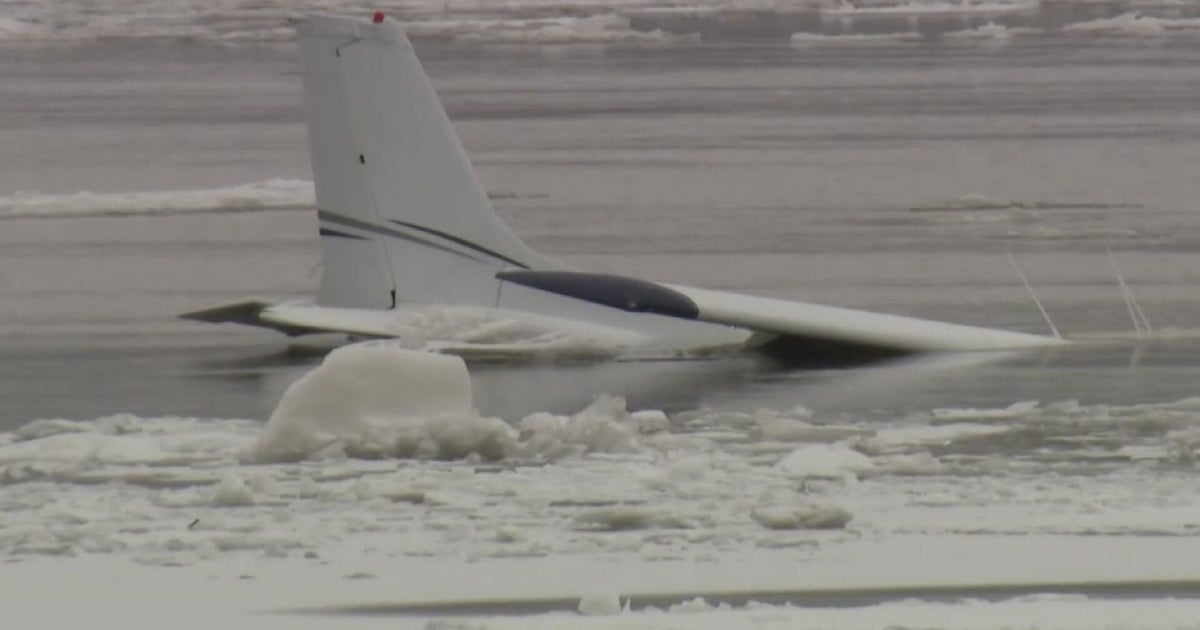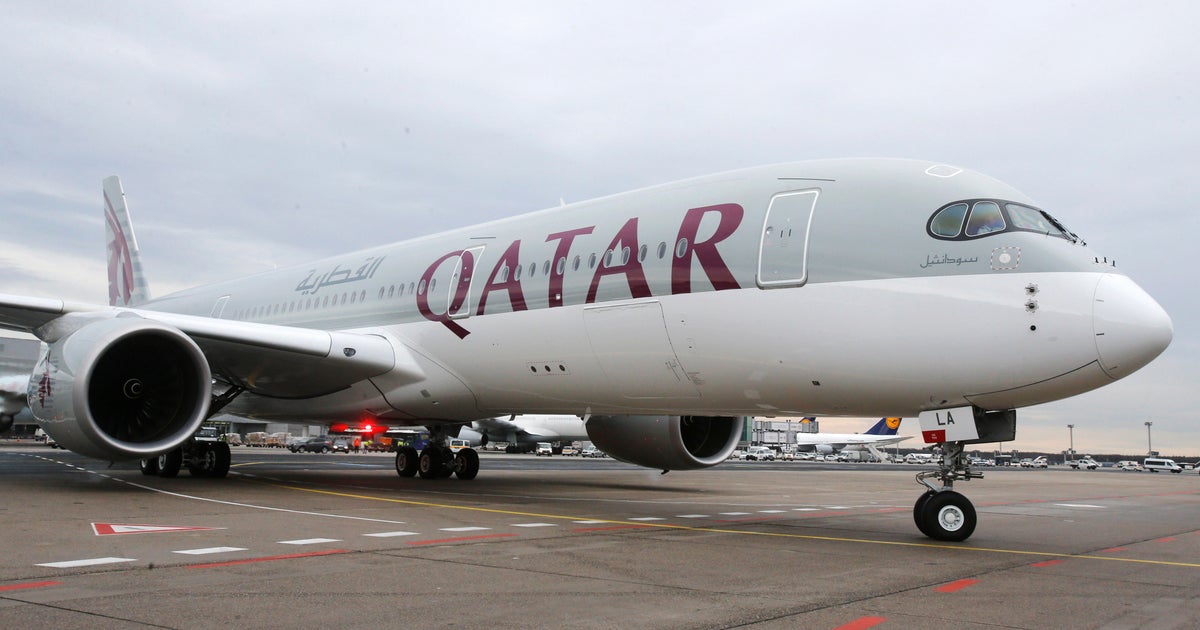Pilot union sues American Airlines to stop service to China
The union representing American Airlines pilots sued the airline Thursday, seeking an immediate suspension of the carrier's service between U.S. and China and citing "serious, and in many ways still unknown, health threats posed by the coronavirus."
The Allied Pilots Association field the lawsuit in Dallas County, Texas, after the World Health Organization declared the deadly new virus a public health emergency and other airlines cancelled or suspended flights to China.
The virus, known as the 2019-nCoV acute respiratory disease, has killed at least 170 people, all of them in China. More than 8,000 others have been infected in more than a dozen countries, including six confirmed cases in the U.S.
American Airlines currently operates 56 flights a month between Dallas/Fort Worth International Airport and airports in China, the union said. Beginning February 9, American will suspend service between Los Angeles International airport and Shanghai Pudong Airport, as well as between LAX and Beijing Capital International Airport.
But continuing service between Dallas/Fort Worth and Beijing and Shanghai puts the airline's employees at risk, the union argues in its suit, noting, for instance, that crew members aboard flights to China are required to be on the ground for roughly 32 hours between flights to satisfy federal rest requirements.
The Airline Pilots Association, or APA, cites in its suit the Centers for Disease Control and Prevention's guidance on the new coronavirus, which discourages all "nonessential travel" to China.
Major carriers such as United, Finnair, Hong Kong-based Cathay Pacific and Singapore-based Jetstar Asia have all announced reduced service to China following a drop in demand over virus concerns. United on Thursday said it would extend the suspension of some flights to China through March 28. It is running just four daily departures from the U.S. to China compared to its usual 12.
Other carriers including British Airways, Air Canada and Lufthansa have suspended all service in and out of the country.
"The APA leadership has asked American Airlines management to follow suit, but do date they have not canceled any U.S.-China flights. We are therefore compelled to seek injunctive relief," APA President Capt. Eric Ferguson said in a press release.
The Trump administration is also mulling a complete ban on travel to and from China in an effort to contain the virus' spread.
Each American flight from China brings about 300 passengers and crew through Dallas/Fort Worth airport, according to the union. "To us, that level of risk is unacceptable," Ferguson said.
The union, which represents 15,000 American Airline pilots, is directing those who are assigned flights to China to decline to fly. They also are instructed to cite the CDC and WHO declarations.
The union representing American Airlines flight attendants issued a statement Thursday supporting the pilots lawsuit.
"Every precaution must be taken to safeguard the health of our American Airlines crew members and passengers," the Association of Professional Flight Attendants said in its statement. "Until we know more and can be sure that all crew and passengers will be safe from this quickly-spreading illness, we are urgently calling on American Airlines and the federal government to err on the side of caution and halt all flights to and from China. Our safety is not for sale. We stand with our pilots."
Fort Worth-based American Airlines said in a statement to CBS News it is "in close contact with the Centers for Disease Control and Prevention and global public health officials to make sure we are taking all necessary precautions for our customers and team members. ... We will continue to monitor the situation and make any updates as needed."
Airlines aren't the only industry challenged by the rapid emergence and spread of the coronavirus. Banks, tech firms and other multinational corporations are restricting employee travel to and from and within China out of an abundance of caution.
— CBS News' Kris Van Cleave and Kathryn Krupnik contributed to this report.



